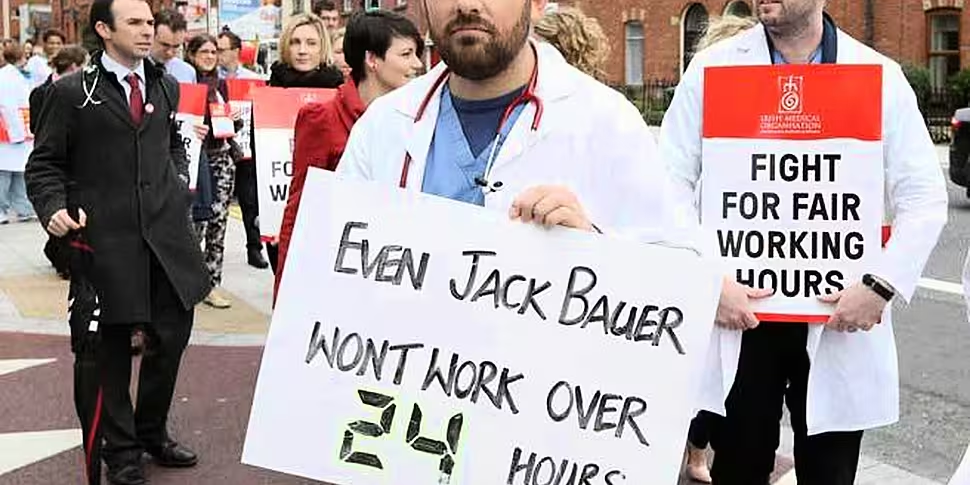I still struggle to understand why GP practices are going a-begging in rural Ireland. If you were bright enough to get to study medicine (and I wasn’t), then the perception was that you were set up for life.
I remember conversations with some of my contemporaries in the early noughties about how they struggled to get into general practice, and that it was almost as closed a shop as the other professions.
Being a GP, membership had its privileges. Privileges I was told this week have been stripped away to the point at which no-one wants to open a practice anymore.
My confusion arose from an interview with the National Association of General Practitioners, who told Newstalk Lunchtime that many rural practices were dying out because of funding cuts.
In fact, there were 32 practices without a permanent GP where recruitment by the HSE had failed to find a replacement. This comes at a time when we are still producing hundreds of doctors, and have produced hundreds more in recent years who fled the island at the first opportunity.
I am lucky in so far as I never had to consider emigration - part of a slightly luckier generation who had found themselves established in the workforce before the crash. We just got straddled with debt instead. My understanding of emigration is that is often by its nature enforced, because there is no available work in a chosen field.
Does this not apply to medicine? There are hundreds of unfilled posts in the sector. Why is it that the State is spending a fortune on educating people whose first instinct it is to leave? In a throwaway comment, I pondered after Wednesday’s interview whether they had all gotten the collective hump and left. And boy, did that annoy doctors.
Many took to Twitter to complain. My comments were moronic, and lacking in compassion. I was told I didn’t understand how the landscape had changed for doctors, and how it was no longer the job it had once been.
To explore the argument further, I invited Doctor Aifric Boylan onto Wednesday’s programme to counter my argument, which she did rather eloquently. You can listen back here; http://www.newstalk.com/doctors-feel-they-are-being-destroyed.
Her central argument was that younger doctors looked around at their older colleagues, and seeing that they were literally insolvent, realised that GP practice was no longer a viable business. Fair point, but I countered with the suggestion that starting out in any business is never easy, and success and profit can be built over time. (The shadow of Government funding probably makes the difference in the world of medicine).
However, Doctor Boylan made an interesting point. She suggested there might be a “deep set malaise” within younger members of the medical profession that is colouring their judgements. When they qualified, they were underpaid and overworked.
They have no love of the system, and why would they when they were treated so badly? Anyone who has spent any time in a hospital will realise how deep set that malaise is. You’ll struggle to find anyone outside of HSE management who has faith in the system. This collective approach – which has been building up like steam in a pressure cooker – is now the HSE’s biggest challenge.
There is no point having a massive budget for staff, if no-one wants to work with you.









